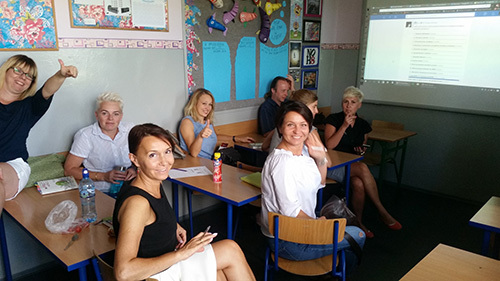
Technology is quickly and forever changing. The moment teachers master one new piece of ed tech, there may be something newer they need to know more about.
So you’re a teacher and you want to stay on top of your digital knowledge, plus expand your local community of fellow educators and collaborate with ed tech experts on how to improve student outcomes. Maybe you’re looking for a way to learn new things in an environment that’s slightly less structured than a formal training session? Consider hosting or joining a teacher meet-up. Or, as Edmodo likes to call it – a TeachUp!
With Edmodo’s support, teachers from all over the world are meeting up with other teachers in their local communities to talk about ways they can improve their teaching with technology. These informal gatherings – TeachUps – are face-to-face get-togethers initiated by Edmodo-using educators. A TeachUp is usually hosted and organized by one teacher. It’s a “mini-classroom” in which teachers can network, exchange ideas on best practices and also share resources. Response to date from teachers hosting TeachUps has been so positive that Edmodo is now working with educators to expand and enhance this professional learning initiative and encourage collaboration amongst TeachUp hosts.
For example, Poland-based educator, Joanna Waszkowska, recently held several TeachUps to brainstorm for Global Education Week. The resources she gathered and shared with the TeachUp hosts community on Edmodo inspired several teachers in Mexico to host a TeachUp to introduce similar resources in their community.
Joining me in The Global Search for Education to talk about how TeachUps got started and what’s in store in the future are teachers Keith George, Joanna Waszkowska and Sheryl Place, along with Edmodo’s Senior Manager of Programs, Niccolina Clements Mangroo.
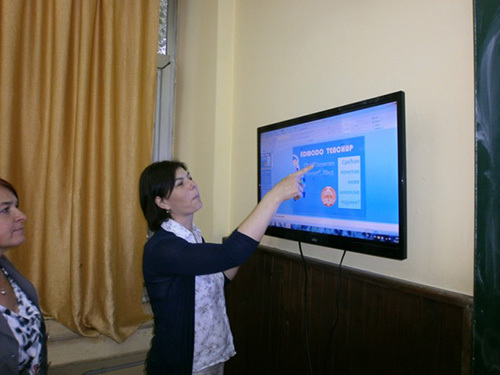
Niccolina, would you talk a little about Edmodo’s goal with TeachUps?
Our initial goal with the TeachUps was to understand how and if Edmodo could foster local communities of educators as powerful and collaborative as our global network.
We’ve seen the concept of the “lone nut” play out in Edmodo’s global communities online, where somewhat isolated and ed tech-nutty teachers can connect and encourage each other through the trials and tribulations of teaching in a blended learning environment. With the introduction of TeachUps, we wanted to see what this concept could look like locally: what would happen if one lone nut teacher initiated a TeachUp that then inspired other lone nuts in the community to come together as a powerful community of educators learning from and inspiring one another?
In our first phase of TeachUps, we offered hosts suggestions and ongoing support for their events, but held back from dictating too much of the format, structure or required content.
Keith, Sheryl, Joanna: You’ve hosted TeachUps – what’s been your experience?
Keith: Teachers are truly interested and eager to receive quality professional development that will improve their practice. The TeachUp model allows an Edmodo-using educator to design a professional development experience that is tailored to the teachers that will be attending. The variety of approaches that this allows is endless. Teachers may learn more about formative assessment, and how Edmodo can make that easier. They might learn how to incorporate collaborative writing into a science classroom, and how Edmodo could be used to manage that. The point is that a TeachUp is about good teaching.
Sheryl: It’s VERY important to make the participants feel welcome and that no question or request is too big or too small. If you feel in the mood to share, get another ed tech expert to help you. ALSO, bring extra devices, surge protectors, mice – anything that you think someone might forget.
Joanna: With TeachUps, I’ve found that I can train teachers willing to get involved in projects that are jointly moderated. I feel that I can draw positive energy from the audience and get feedback when my ideas are important to them.
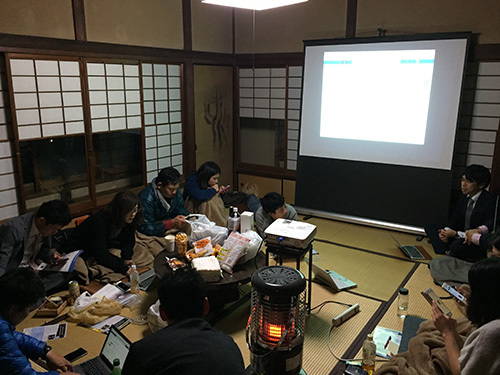
So I’m a teacher and I want to host a TeachUp. How do I get started?
Keith: Edmodo has prepared a very helpful guide and website to assist teachers in the planning of a TeachUp. But once I realized that what was expected was an informal gathering of teachers to talk about how to improve their teaching, I focused on keeping the event informal and encouraging all participants to share their successes. This made for a great event!
Sheryl: I contacted the local Starbucks to ask if they would allow me to host a TeachUp (during their off hours). Because I am a regular customer, they were more than happy to help AND they even provided some give-aways to help me get the fun going. I made sure I had a lot of signage for everyone (from the parking lot to the back of the store where we were meeting!). Everyone got a fun nametag and was able to jump in and get started. We didn’t really have a set agenda, because we wanted to meet people at their comfort level.
Niccolina, you’ve gathered feedback from over 100 TeachUps around the world – what else have you learned and what’s next for TeachUps?
Teachers around the world are enthusiastic to meet and learn from other educators in their local communities. So yes, Edmodo can indeed help catalyze local communities of educators. We’ve found the most meaningful conversions derive from good content and a diverse range of participant views and experiences. And, while the requirements for timing and location of TeachUps must remain flexible, clear guidelines and calls to action are necessary for hosts to know what a successful TeachUp looks like. With these key learnings in mind, we’re adding into this next phase of TeachUps more inspiring themes and content to prompt debate, and more structured guidelines for hosts in terms of attendance, types of discussions, devices used and follow-up steps. For example, the weeks leading up to World Read Aloud Day in February are an excellent time for TeachUps to discuss how to encourage a culture of reading aloud and sharing stories. That’s just one of many ideas. Over time, we’ll iterate on this program, similar to the way in which a teacher continuously evolves his or her curriculum.
So what do you see as the main benefits for teachers involved in the TeachUps program?
It goes without saying that teachers can benefit from a local support system. As TeachUps continue to take place in local communities, these support systems will grow stronger. In addition, TeachUp participants will benefit from the exchange of ideas regarding new classroom technologies and, even more importantly, discussions around pedagogy and the best approaches to improving student outcomes.
Beyond the support system, TeachUps also offer teachers a unique opportunity to experience firsthand the power of blended learning – that is, learning that takes place both online and offline. While TeachUps take place offline, we also require an online group for each TeachUp to keep the conversation going when people aren’t meeting face-to-face. With such a model, teachers become the beneficiaries of blended learning, rather than just the implementers of it.
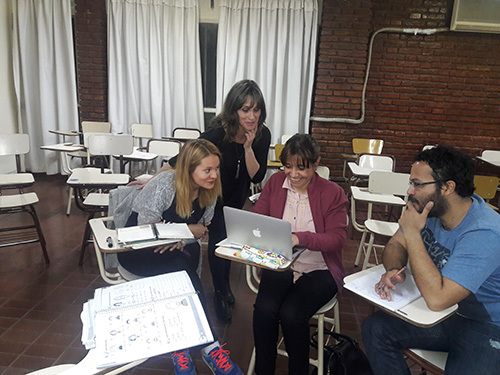
Edmodo has a large international audience. What are your plans to roll out TeachUps globally?
We’ve seen huge enthusiasm for TeachUps internationally. While meet-ups and professional learning networks for educators in the US have become quite popular in recent years, they’re still relatively novel concepts for many international educators. That’s why we’re taking special note of our international communities and allocating resources to appropriately coach and support them. We’re also paying close attention to international trends and themes to be sure the additional content we provide to hosts is relevant and appropriate.
And looking forward, what do you see this professional learning initiative becoming?
Ideally, we would like to see every teacher on Edmodo take part in a TeachUp. If you imagine each TeachUp as a mini-classroom of local educators based on collaboration and mutual respect, it’s easy to see how a TeachUp so perfectly complements Edmodo’s online global network of educators. With TeachUps, educators will fully reap the benefits of the 21st century’s most touted model of instruction, “blended learning”, and seamlessly navigate offline and online learning for themselves as well as their students. This will have lasting effects for teachers and students alike.
Joanna, are you planning to engage your TeachUp group going forward?
Of course. A lot of the ideas I use to develop a plan of action I draw from the experiences of other Edmodo Ed Tech Experts. The experiences I get working alongside my Edmodo colleagues are of the utmost value to me; I like to learn from their practical experiences and share worked-out solutions. It’s important to all of us that we engage in our profession with a level of joy and enthusiasm equal to the task of looking at the world through the eyes of a child.
(Photos are courtesy of Edmodo)
For more information on TeachUps.
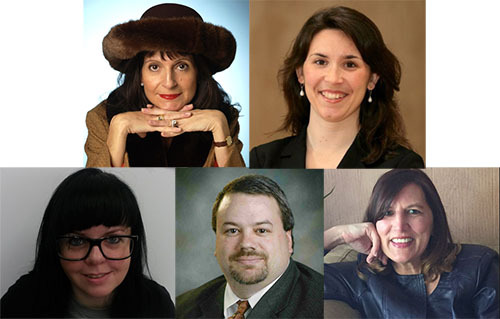
Join me and globally renowned thought leaders including Sir Michael Barber (UK), Dr. Michael Block (U.S.), Dr. Leon Botstein (U.S.), Professor Clay Christensen (U.S.), Dr. Linda Darling-Hammond (U.S.), Dr. MadhavChavan (India), Professor Michael Fullan (Canada), Professor Howard Gardner (U.S.), Professor Andy Hargreaves (U.S.), Professor Yvonne Hellman (The Netherlands), Professor Kristin Helstad (Norway), Jean Hendrickson (U.S.), Professor Rose Hipkins (New Zealand), Professor Cornelia Hoogland (Canada), Honourable Jeff Johnson (Canada), Mme. Chantal Kaufmann (Belgium), Dr. EijaKauppinen (Finland), State Secretary TapioKosunen (Finland), Professor Dominique Lafontaine (Belgium), Professor Hugh Lauder (UK), Lord Ken Macdonald (UK), Professor Geoff Masters (Australia), Professor Barry McGaw (Australia), Shiv Nadar (India), Professor R. Natarajan (India), Dr. Pak Tee Ng (Singapore), Dr. Denise Pope (US), Sridhar Rajagopalan (India), Dr. Diane Ravitch (U.S.), Richard Wilson Riley (U.S.), Sir Ken Robinson (UK), Professor Pasi Sahlberg (Finland), Professor Manabu Sato (Japan), Andreas Schleicher (PISA, OECD), Dr. Anthony Seldon (UK), Dr. David Shaffer (U.S.), Dr. Kirsten Sivesind (Norway), Chancellor Stephen Spahn (U.S.), Yves Theze (LyceeFrancais U.S.), Professor Charles Ungerleider (Canada), Professor Tony Wagner (U.S.), Sir David Watson (UK), Professor Dylan Wiliam (UK), Dr. Mark Wormald (UK), Professor Theo Wubbels (The Netherlands), Professor Michael Young (UK), and Professor Minxuan Zhang (China) as they explore the big picture education questions that all nations face today.
The Global Search for Education Community Page
C. M. Rubin is the author of two widely read online series for which she received a 2011 Upton Sinclair award, “The Global Search for Education” and “How Will We Read?” She is also the author of three bestselling books, including The Real Alice in Wonderland, is the publisher of CMRubinWorld, and is a Disruptor Foundation Fellow.
Follow C. M. Rubin on Twitter: www.twitter.com/@cmrubinworld





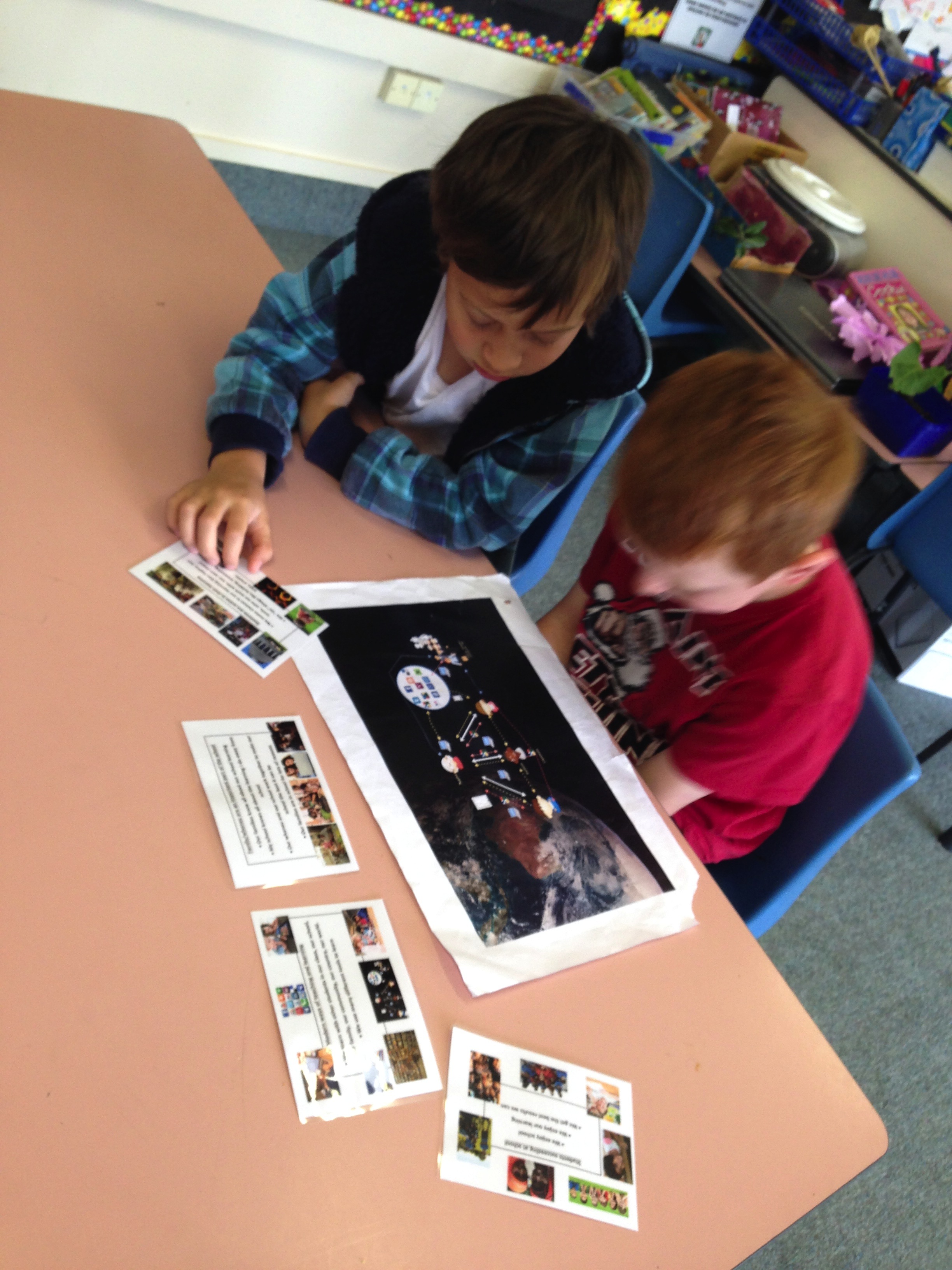
Recent Comments